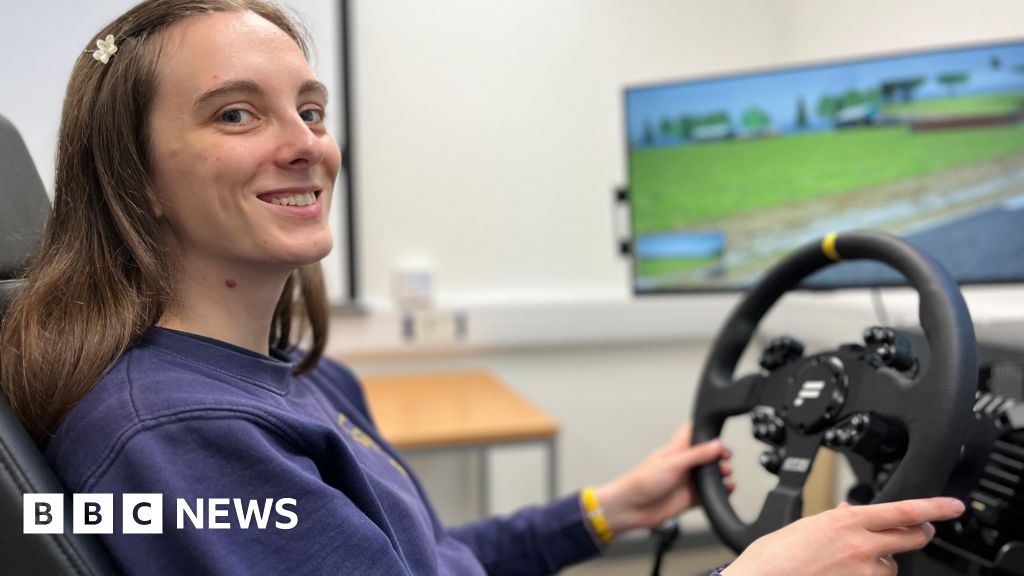Autistic people are being offered the opportunity to learn to drive using virtual reality simulators.
It is hoped the new scheme, part of a research project with the University of Bath and University of Exeter, will help to break down barriers that often put people off from getting behind the wheel.
One of the academics involved in the project said autistic people can experience high levels of anxiety when driving.
Sophy Tyler, 29, from Bath was diagnosed with autism as a teenager and despite passing her driving test when she was 21, she has not had the confidence to drive on her own.
She said: “I found the idea of driving without an instructor really scary.”
Dr Tom Arthur, from the University of Exeter and the research lead, said: “By focusing on real-world driving challenges and barriers, we hope this project will help promote independence.”
The project will look into how virtual and augmented reality technologies, known as extended reality, can be used to build confidence in the process of driving before getting behind the wheel of a real car.
Experts say they are in the early stages of the project and are working out if the technology helps people more if they use it before they start driving solo or after.
Professor Mark Brosnan, from the University of Bath, said driving has been an issue amongst the autistic community for a long time.
“Mainly as many autistic people struggle with sensory sensitivities and very high levels of anxiety.
“Sometimes interacting with other people is challenging so sitting next to a driving instructor, understanding the social signals at junctions can be difficult.
“So we want to develop technology to help autistic people overcome some of these challenges,” he said.
He added that they were working with technology developers to create driving-like experiences that people can use in the comfort of their own home.
Maisie Hughes, 19, from Dursley in Gloucestershire, is one of the project participants. She hasn’t felt ready to start driving but thinks this use of tech could make a big difference.
“It would give people the opportunity to learn to drive at their own pace and make mistakes that don’t really matter because its not real,” she said.
